The Challenges and Opportunities in Digitising Education
I recently chaired a discussion at Founders Factory on The Challenges and Opportunities in Digitising Education. This is a summary of our chat.
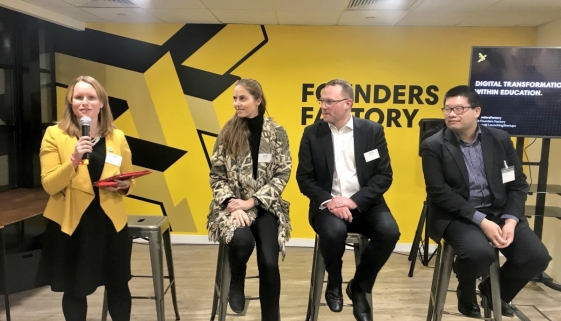
I recently chaired a discussion at Founders Factory on The Challenges and Opportunities in Digitising Education. This is a summary of our chat.
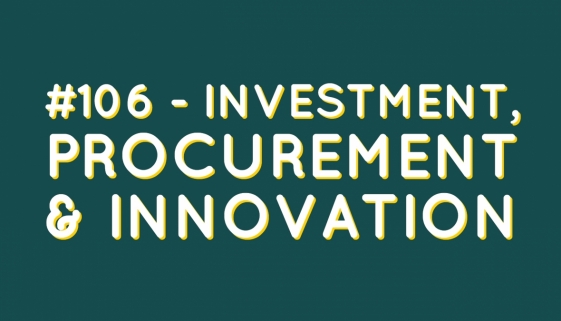
Investment, procurement and innovation are the themes of this week’s podcast episode – the first of many recorded at Bett 2018. Find out more about Cool Initiatives, IMAILE and Edvinca.
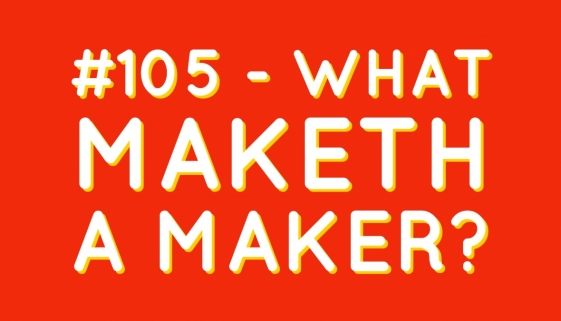
This week we are in takeover mode with Lego Education exploring the maker movement with educators from pre-school to University. Listen to these recordings taken at the atmospheric Institute of Imagination in Lambeth, London during Bett week 2018. We delve into what “maker” means, how it can go wrong and go right, and what happens when you try and light up a multi-story building in a maker experiment on live television. You’ll hear from MakerClub, Tufts University, Imperial College London’s Innovation Room, GeekMum and Happy Hours Pre-School. Plus hear from Lego Education on their recent maker launch and how you can tap into their resources or enter their teacher prize.
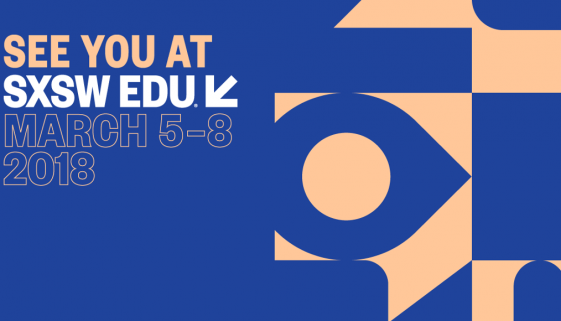
Chats with SXSWedu General Manager Greg Rosenbaum on what to look out for at SXSWedu 2018, plus I look back on 2017 presentations, socials and…the Rodeo!
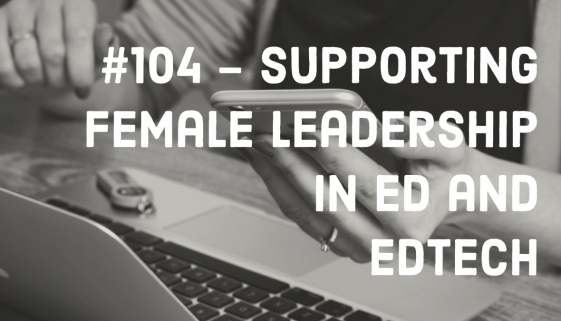
This week we are throwing back to a WomenEd event in November where we discussed the importance of female digital leadership both within the education and edtech sector alike. With multiple guests, projects to get involved in, and how to access £10k for your educational idea.
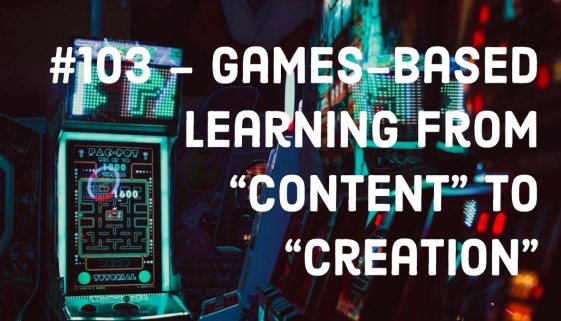
What initiatives are supporting teachers and students to co-create games together? Hear from educators, gaming companies, and researchers on the evolution of games-based learning from “content” to “creation”.
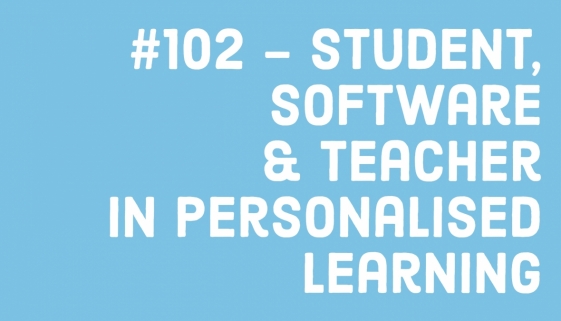
What is personalized learning? What is it not? Is there an evidence base yet for personalised learning and what does the research evidence show us about the contexts where personalized learning works best? What is the role of student, software and teacher in a personalised learning context? What questions should we be asking?
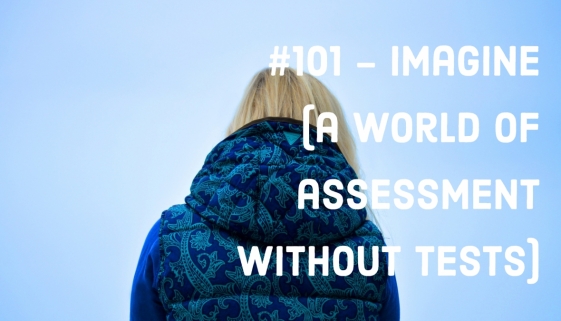
How do we get beyond the tick-box or bubble filling exercise of exams and tests, whilst also measuring ‘progress’? We delve into ideas around ‘invisible assessment’ and question who benefits from‘traditional’ and re-imagined forms of assessment, including games-based assessment. Can ‘tests’ be fun and should they be? How do we measure collaboration?
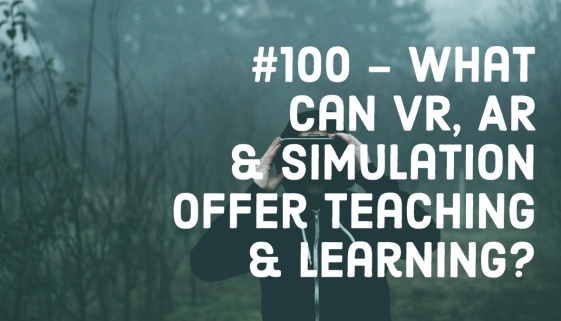
We dip into the world of VR and mixed reality to uncover what high-cost, high-risk learning opportunities are being made more accessible to all by this technology. How are academics measuring the learning outcomes of VR and simulation and what are the quantifiable cost savings and impacts for various learning and training environments? When is VR right for education, and when is it superfluous? We also end our first five episodes with practical suggestions for educators: mindful skepticism, resist fear, understand that you can start small and grow, and avoid technology for technology’s sake. This last one is harder than it sounds – many new technologies wow us but do not have useful application to education.
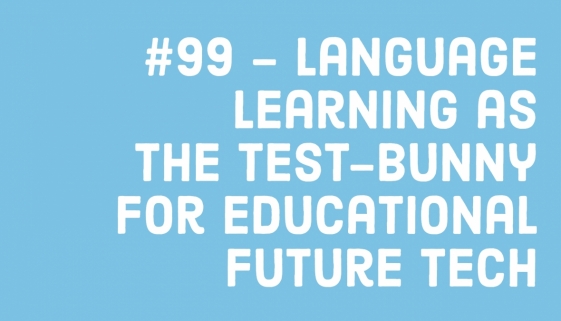
This week we are looking at language learning and tech. How we learn languages is changing. Apps, MOOCs, Chatbots and online tutoring services have all worked to reduce the time and investment needed to pick up and master a language. At the more extreme end some advanced technologies have even brought into question whether learning a language in the traditional sense will be needed in the future. And, should it be humans or machines testing second language acquisition? Find out in episode 99!